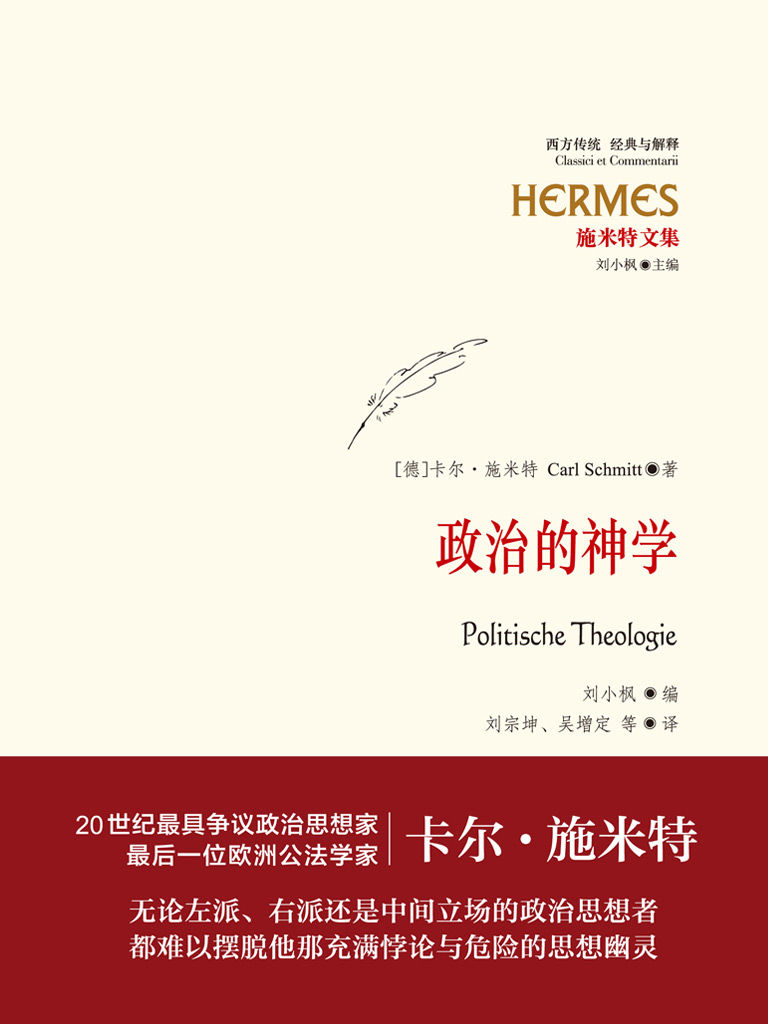A new paper by Mark Jia

The most contested question in the study of Chinese law is also its most enduring one: how should we characterize China’s legal system? In recent years, scholars have advanced a number of new theories that have contributed to our understanding of Chinese law. Few of these papers, however, make explicit the metrics that ought to be used to adjudicate between competing theories of Chinese law. Before we can decide which theory of Chinese law is best, it may help to reflect on what makes a theory of Chinese law good. This essay advances one possible answer to this question, and in so doing, it explains why two recent prevailing approaches to high theorizing about Chinese law are structurally predisposed to certain kinds of theoretical costs and benefits.
While there is no objectively correct theoretical approach to the study of Chinese law, it is fair to say that the dominant paradigm in recent years has been loosely social scientific. At bottom, this means that theories are a collection of assumptions, definitions, and concepts that we use to order complex social phenomena. A primary goal for social science theory is to generate testable propositions that can then be used to refute old theories or refine new ones. This is by no means the only way to theorize about Chinese law, but because most recent works have generally followed this approach, it helps to be explicit about what good social science theories entail. On this question, there is considerable consensus: a good theory is accurate, parsimonious, testable, coherent, precise, generalizable, and generative. There is further consensus on the relationship between these various theoretical virtues. Highly parsimonious theories, for example, tend to be more easily testable, more coherent, and more generative.
From here, it helps to observe two general categories of recent theorizing about Chinese law. The first category I term a kind of “monism” because these theories all share an affinity for employing a single construct to characterize China’s legal system. For example, Donald Clarke’s theory that China’s ostensibly “legal” system is best conceptualized under an “order maintenance” paradigm is monist because it employs order as a unitary analytic construct. So too with respect to the pure “legality” framework advanced by Taisu Zhang and Tom Ginsburg in noting recent judicial and constitutional trends since 2014. The second category of theories, in contrast, is best described as a kind of “pluralism” because these theories do not see a legal system that can be reduced to a single coherent principle; instead, they employ multiple constructs—often competing—to better capture Chinese law’s social complexity. The most well-known of these theories is legal dualism, inspired by Ernst Fraenkel’s book on Nazi Germany, that see China’s legal system as consisting of a rule-bound normative state and a discretionary prerogative state.
A largely unnoticed feature of recent theoretical debates is that monist and pluralist theories are structurally advantaged and disadvantaged in predictable ways. In the essay, I review a number of recent theoretical contributions in the light of basic insights from social science theorizing to make these analytic costs and benefits more explicit. Monist theories, I argue, tend to be more parsimonious, and therefore more coherent, falsifiable, and more provocative than other theories, and thus more generative overall. Monist theories also have a strong heuristic and prismatic usefulness, which facilitates efficient communication and creative re-interpretation of known data. But due to their inherent economy, monist theories about legal systems are often more limited in their explanatory breadth and depth; as a class, they cannot account for as much of what is studied as pluralistic theories; nor can they provide as detailed a portrait of causes, mechanisms, and patterns as theories that employ multiple parameters. Indeed, there is a sense in which monism’s disadvantages have become only starker in recent years, as China’s legal system has grown significantly more complex.
The contributions in this essay are ultimately quite modest. I do not come out in favor of one approach over the other. But I do hope a more explicit discussion of theoretical virtues and tradeoffs can improve the theoretical rigor of current debates, clarify points in which scholars may be arguing past one another, and help us better appreciate what we are predisposed to see, and to miss, at various stages of conceptual design.
The paper “High Theory in Chinese Law” is forthcoming in the Texas Law Review, Journal Vol. 103, 2024 (free draft available at SSRN).
Mark Jia is Associate Professor of Law at the Georgetown University Law Center and a Faculty Scholar with its Center for Asian Law. He specializes in comparative and transnational law, with a focus on China and the United States. His scholarship has been or will be published in the University of Chicago Law Review, the New York University Law Review, the University of Pennsylvania Law Review, and the Texas Law Review. He was previously a law clerk on the U.S. Supreme Court.

